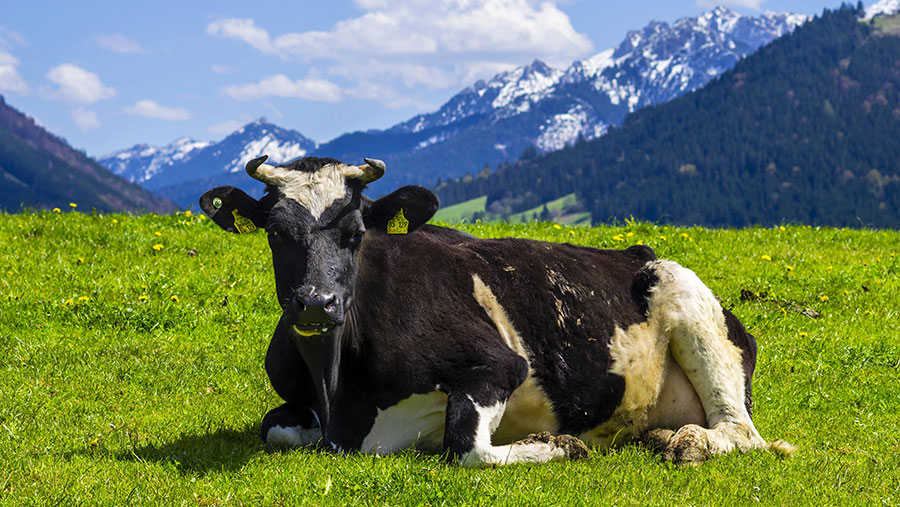Tailored trade deal with EU ‘only viable option’ for dairy
 rexfeatures_7460524a
rexfeatures_7460524a It is imperative for the dairy industry that a free trade agreement between the UK and EU is maintained, according to a report by Eucolait.
The European Association of Dairy Trade report says that any future deal should be as close to the present situation as possible, with no tariffs or tariff barriers and minimal customs borders.
The UK imports more than €3bn (£2.58bn) of dairy products from the EU-27, with more than €1bn (£0.86bn) worth of UK exports going to the continent.
See also: Trade deals: Where next for EU agricultural markets?
The report states that tariffs or other barriers would be “extremely detrimental, especially on the EU side”, with the UK likely replacing EU trade with imports from the US, New Zealand and Australia.
Eucolait also believes maintaining equivalence in food safety standards will be essential after Brexit in order to prevent the need for health and veterinary certificates for UK-EU cross-border trade.
Shaping a new deal
The organisation, which represents more than 500 European dairy companies said no existing trade arrangement in the EU could be “copy-pasted” to suit the needs of both parties.
“We are convinced that strong trade ties or a joint market with the UK are not incompatible with any EU principles and would serve EU’s economic interests, certainly as far as our sector is concerned.”
Northern Ireland worry
Of particular concern for Eucolait is the border between the Republic of Ireland and Northern Ireland, over which 800m litres of milk passed from north to south for processing in 2016 alone.
As well as this, 75% of dairy processing facilities north of the border are fully or part-owned by Irish co-operatives according to the report.
It added: “A re-establishment of a border, let alone duties, would be extremely harmful to both producers in Northern Ireland and dairies in the Republic of Ireland.”
Avoiding catastrophe
For trade disruption to be kept at a minimum, the report stresses negotiations for any new deal should form an integral part of the UK’s departure process, and not be subsequent to the UK’s departure as is preferred by EU chief negotiator Michel Barnier.
“If the UK continues to use the EU tariff classification and duty rates (at least in the first stage after Brexit), the same tariffs would apply to EU exports to the UK.”
The report warns, “It goes without saying that, given the size of the trade flows in both directions, the impact of such a scenario would be catastrophic.”
Should these negotiations fail, Eucolait believes an interim agreement maintaining the status quo before future deals are finalised would be the next best option, and should be implemented as soon as possible to reassure businesses.
